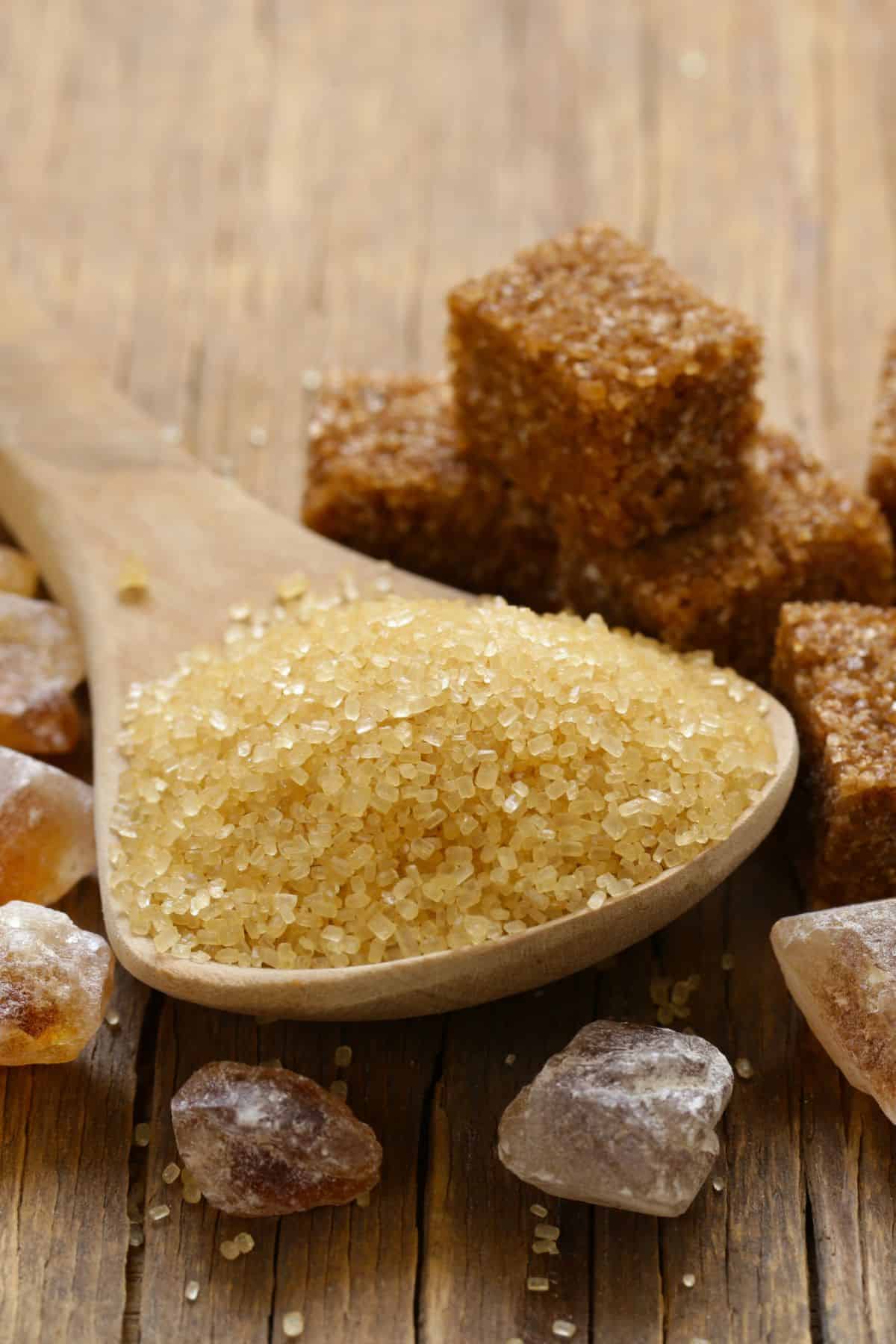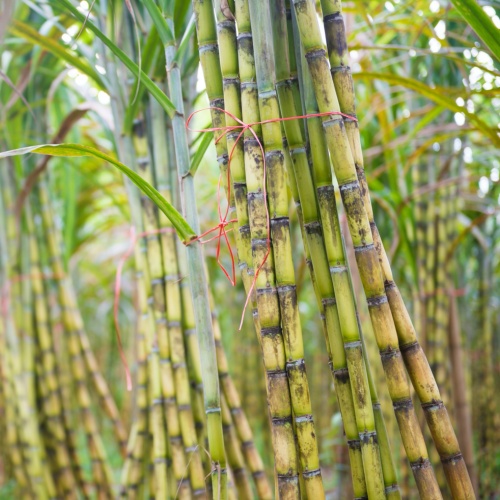Cane Sugar Processing: From Field to Table-- A Step-by-Step Guide
Cane Sugar Processing: From Field to Table-- A Step-by-Step Guide
Blog Article
A Thorough Introduction of the Health And Wellness and Economic Ramifications of Walking Stick Sugar Processing on Neighborhood Areas
Cane sugar handling plays a pivotal function in forming the financial landscape of local neighborhoods, using job opportunity and stimulating supplementary sectors. However, the health and wellness implications related to high sugar consumption can not be ignored, as they add to climbing rates of excessive weight and diabetic issues. This nuanced vibrant welcomes a critical exam of exactly how areas can optimize economic gains while resolving journalism health and wellness difficulties they encounter. The expedition of lasting techniques and educational initiatives may just hold the key to reconciling these contrasting interests. What techniques might communities implement to accomplish this balance?
Financial Advantages of Walking Stick Sugar Processing
Cane sugar handling supplies significant financial advantages that extend past the prompt agricultural market. The growing and processing of sugarcane develop countless task opportunities, from farming to manufacturing and circulation. This employment generation not just supports neighborhood economic situations however also promotes neighborhood growth by providing secure earnings sources for family members.
Additionally, the sugar industry promotes ancillary services, including transport, devices supply, and packaging services (Cane Sugar Processing). As these markets grow, they contribute to a much more robust economic structure, improving total neighborhood strength. The export potential of processed walking cane sugar additionally enhances financial benefits, positioning areas as competitive players in worldwide markets
Financial investment in contemporary handling centers can result in raised productivity and effectiveness, therefore decreasing waste and maximizing resource usage. This shift not only profits the local economy yet likewise supports sustainability efforts by decreasing environmental effects.
In addition, the revenue produced from walking cane sugar handling can be reinvested in regional framework, education, and health care, promoting alternative community growth. Overall, the financial benefits of walking stick sugar handling are multifaceted, providing a structure for enduring prosperity in agricultural areas.
Wellness Dangers Connected With Sugar Usage
Excessive sugar intake presents considerable health and wellness risks that necessitate severe attention. High consumption of added sugars, particularly from refined drinks and foods, has been linked to many health problems.
In addition, high sugar usage is connected with cardiovascular disease. Raised blood sugar degrees can result in insulin resistance, a precursor to different heart-related issues. In addition, sugar can have damaging effects on oral wellness, leading to cavities and gum tissue disease, as microorganisms in the mouth thrive on sugar, creating acids that erode tooth enamel.
Moreover, arising research suggests a possible link between high sugar intake and mental health and wellness problems, such as anxiety and stress and anxiety. As areas come to grips with these health and wellness threats, it ends up being important to promote awareness and motivate much healthier nutritional choices. Attending to sugar intake is essential not only for specific health but likewise for the general health of neighborhood communities, emphasizing the need for comprehensive public wellness approaches.
Ecological Influences of Sugar Manufacturing
Frequently forgotten in discussions about sugar's ramifications is the substantial environmental impact of sugar manufacturing. The farming of sugarcane usually necessitates comprehensive land use, bring about logging, loss of biodiversity, and disturbance of neighborhood ecosystems. The conversion of woodlands and marshes right into sugar haciendas can cause environment damage, harmful various species and altering eco-friendly equilibrium.
In addition, sugar manufacturing is resource-intensive, consuming considerable amounts of water for watering. This can result in depletion of neighborhood water resources, detrimentally influencing both farming practices and area accessibility to clean water. Additionally, using chemical plant foods and pesticides in sugarcane farming can add to soil degradation and water air pollution, as drainage from these chemicals goes into nearby rivers and lakes, influencing marine life and human wellness.
The environmental impact prolongs to the processing stage, where energy consumption and waste generation additional exacerbate eco-friendly worries. Air pollution from melting sugarcane useful content fields, along with greenhouse gas exhausts, add to environment adjustment. Therefore, the environmental implications of sugar manufacturing warrant serious factor to consider, urging stakeholders to take on even more sustainable techniques to reduce these adverse impacts on regional communities and areas.
Job Production and Neighborhood Growth
The environmental difficulties postured by sugar manufacturing are commonly counteracted by its potential for economic benefits, particularly in task production and area advancement. The walking cane sugar industry works as a substantial source of work in numerous country locations, giving jobs throughout various skill degrees, from farming labor to handling and circulation roles. This employment not only sustains specific families however likewise adds to the overall economic vigor of neighborhood communities.
Additionally, the establishment of sugar processing centers promotes supplementary companies, such as transportation solutions, tools supply, and maintenance carriers. As these services grow, they develop extra work and bolster local economies. The profits created from the sugar sector additionally brings about increased tax profits, which can be reinvested right into social work such as education and learning, framework, and medical care advancement.
Furthermore, the sugar sector commonly takes part in community development campaigns, such as supporting local institutions and health and wellness programs, thus boosting the high quality of life for residents. By cultivating solid community connections and promoting economic development, the walking cane sugar processing market plays an important duty in uplifting neighborhood populations, making it an essential element of lasting advancement strategies in sugar-producing regions.
Harmonizing Health and Economic Development
In navigating the complexities of walking cane sugar processing, an essential difficulty hinges on balancing health and wellness factors to consider with financial growth. The sugar industry dramatically adds to regional economic situations by generating work, boosting relevant markets, and increasing tax obligation revenues. Nonetheless, the wellness implications associated with excessive sugar intake can lead to chronic diseases such as obesity, diabetes, and cardiovascular problems, which can worry public health and wellness systems and decrease labor force efficiency.

Furthermore, regulative structures can play a pivotal function in leading industry practices towards more lasting and health-conscious approaches. By promoting cooperation in between federal government bodies, health companies, and the sugar sector, communities can navigate the dichotomy of health and wellness and financial development, making certain that the advantages of walking stick sugar processing are equitably shared while focusing on public health and wellness.
Conclusion
To conclude, the handling of walking cane sugar provides both considerable financial advantages and remarkable wellness threats for neighborhood communities. While it fosters job creation and stimulates regional advancement, the involved health and wellness issues, especially concerning obesity and diabetes, demand a mindful balancing act. By advertising liable intake wikipedia reference and investing in neighborhood education and learning and lasting techniques, it is feasible to maximize economic benefits while minimizing damaging health and wellness impacts, thus making sure a healthier future for local populaces.
Furthermore, sugar can have damaging impacts on oral wellness, resulting in tooth cavities and periodontal illness, as bacteria in the mouth grow on sugar, creating acids that erode tooth enamel.
Resolving sugar intake is crucial not just for individual wellness yet likewise for the overall wellness of local areas, stressing the need for thorough public health and wellness strategies.
Regularly overlooked in conversations about sugar's ramifications is the considerable environmental effect of sugar manufacturing. The health and wellness implications associated with extreme sugar imp source consumption can lead to chronic conditions such as weight problems, diabetes, and cardio issues, which can concern public wellness systems and decrease workforce efficiency.

Report this page